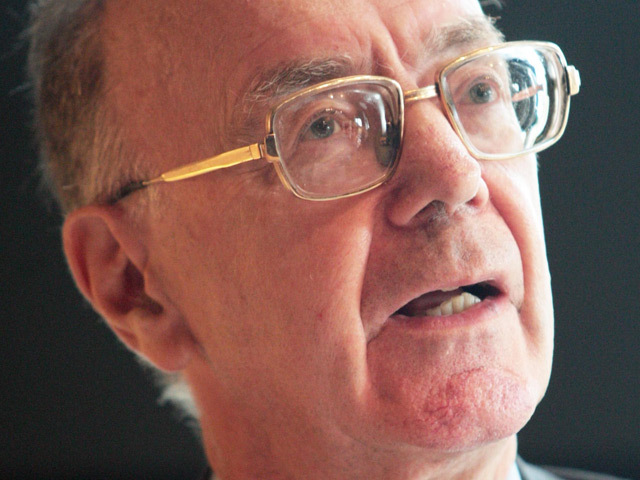
A leading petro-economist says high oil prices could be sustained “for weeks” should tensions continue in the Middle East.
Brent Crude surged to a three-year-high of $72 a barrel earlier, following the U.S President Trump’s threat of missile strikes on Syria.
The Syrian government has been backed by Moscow during its seven-year civil war, with Russia saying it would intercept any American missiles.
It comes after a suspected chemical attack on the rebel-held city of Douma by forces loyal to Syria’s president, Bashar Assad.
American military action could also focus on Iran, which also backs Assad. That would come just a month ahead of a deadline that could see President Trump restore sanctions on Iran.
Meanwhile, escalating tensions between Saudi Arabia and Yemen have also added to the oil price boost, with questions over supply from the Middle East, according to Aberdeen University Professor Alex Kemp.
He said: “The price has risen particularly because of the political uncertainty in the Middle East and of the worrying situation in Syria, but also with Saudi Arabia and Yemen could lead to future policy problems and end up with some disruption to oil supplies.
“The other point is the possibility that President Trump will reintroduce sanctions against Iran and that could have some major effects on Iranian exports.
“Presumably there will be some further military action in Syria soon. What effect that will have will depend on how long it lasts. If it’s only for a short time then the chances of it having a major effect will be reduced.
“If the political problems all continue for weeks then the prices may stay up for weeks, if they get resolved then the prices go down a bit.
“However the Iranian one may take a bit more time, we’ll have to wait to see if sanctions will be introduced by President Trump.”
The price boost is also being attributed to a continued downturn in production from Venezuela, according to Professor Kemp.
He added that any sustained increase in price will lead to questions for the Organisation of Petroleum Exporting Countries (OPEC).
“The other political issue to consider is the agreement with OPEC and collaborating countries to keep production low this year. Will they expand it into next year?
“If the price goes on a bit more it may be that the OPEC countries do not particularly want to keep their production cuts. They don’t want the prices to go up more because that would encourage production from the U.S.”
